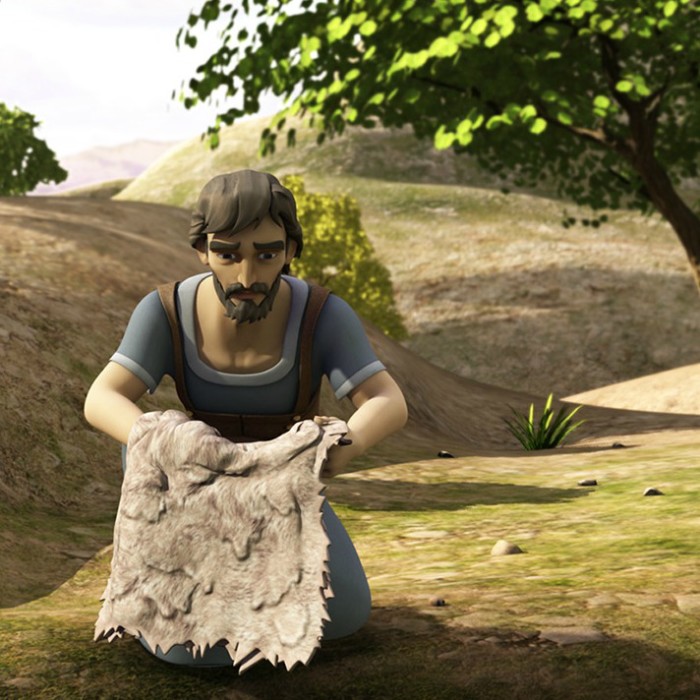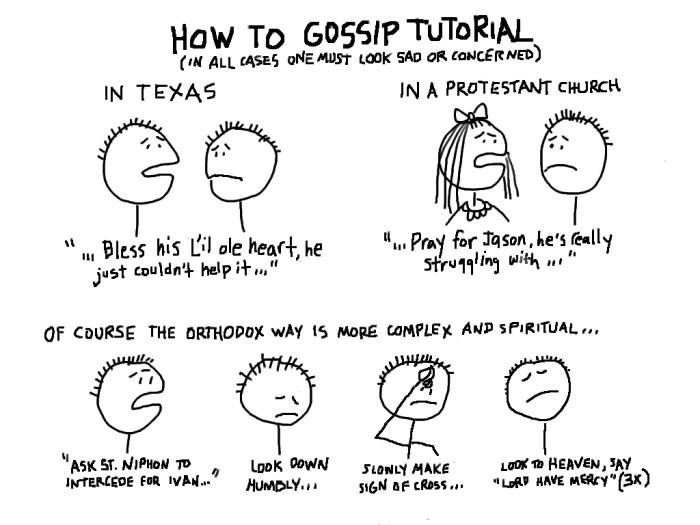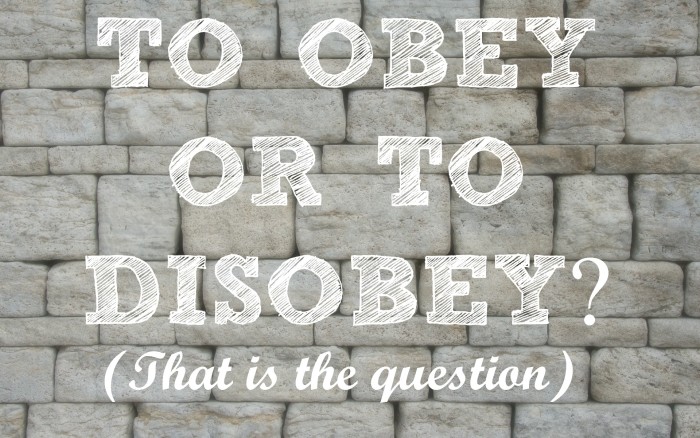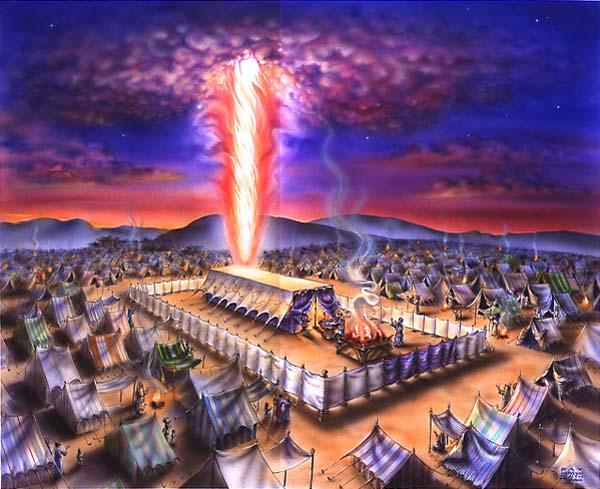Remembering Our True Purpose
Many times we become so used to “Bible Stories” that we forget that they happened to real people and that there was much more to the story than the short paragraphs read to us as children. For instance, let’s look at the story of Gideon and his fleece. Most of us are familiar with this well-known Bible story, but today let’s look at it from a little different angle.
Judges is a hard read, isn’t it? In fact, in modern day texting language my continual response to what I’m reading is smh (which means “shaking my head” in case you didn’t know). I cannot understand how the Israelites could be rescued supernaturally by God and then fall back so quickly into such deep sin and flagrant idolatry. Hardly a generation would pass before they would be worse than before. I would like to think that I wouldn’t have been like that, but I guess none of us really know, do we? Crowd sway (or –as it’s more commonly known– peer pressure) is a powerful thing.
But back to Gideon. If you are doing the Bible Challenge you will have read that story sometime this week. I confess as I read, I was a bit shocked at the rest of the story. I always am. But before the fleece, there was Gideon’s conversation with the Angel of the Lord (Judges 6), where he was told to fight.
Gideon responds: So he said to Him, “O my Lord, how can I save Israel? Indeed my clan is the weakest in Manasseh, and I am the least in my father’s house.”
I was thinking a bit about this. Especially in light of some of the more popular “Christian” books that have been around for the last twenty-five years or so.
When we talk about being weak, we will use this story of Gideon– oh, he was a weak man and God used Him. We like that. We go on to read of God using the weak in scripture elsewhere, as well, so we know that it is certainly truth. (I Corinthians 1:27; 2 Corinthians 12:9-10)
But when we are told we will be made strong– perhaps we should consider what we are being made strong for?
In this self-absorbed, self-centered, self-glorying world we live in, we all want to know our personal purpose and how we can shine. We want to be the center of attention and love to have some praise and glory.
So when we think of verses like those listed above or Philippians 4:13 I can do all things through Christ who strengthens me, we use these verses out of context– thinking we are going to be able to do things for ourselves and get some of our own glory.
Even if you aren’t consciously thinking this, here’s a little test to show if you are using these verses correctly– think about the last time one of these verses came to mind in reference to yourself. Were you thinking about your own selfish desires or God’s purposes and desires?
But God never works in us for our own glory, but for His own purposes and His own glory. Gideon was given strength to accomplish God’s purpose, not his own. Oh, depending what path we follow, a bit of glory may spill on to us as we follow God’s plan, but a wise man stays humble and focused on God’s purposes and glory. Getting caught up in our own glory is a dangerous place to be.
If you feel weak and tired, irrelevant, and useless as I have felt often during this past week, then, yes, we do need to remember that God can use us in spite of how we feel. I share that here so that you know I am not some icon of spirituality spilling already learned lessons here on the blog but, instead, continue to learn right along with you! It is a wonderful truth that in our weakness God shows His strength! Let’s praise Him for that.
But why does He show His strength in our weakness?
He shows it for His purposes and for His glory!
So how do we remember this when even the Christian world tells us to seek our own glory, stay focused on ourselves, and to be strengthened for our own purposes?
The best way is by doing what you are doing! Stay in the Word of God and keep reading. As the truths of scripture settle in our hearts we can keep a proper perspective and a strong sense of discernment. We can never underestimate the importance of staying in God’s Word for the health of every Christian. I know of no other way to stay firm and unmoving in a culture that is reeling with mysticism and relativism. So keep on reading, my friends, keep on reading!










